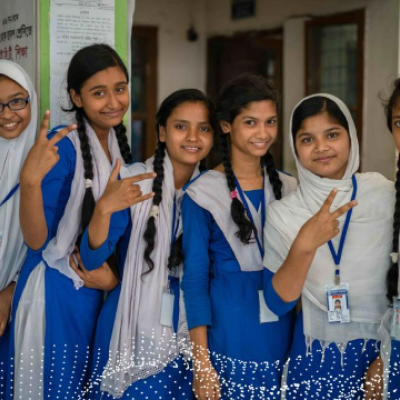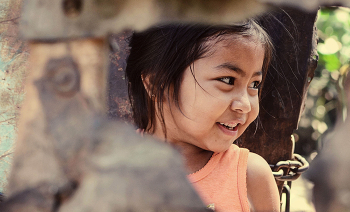Since 2013, over 2.2 million South Sudanese refugees have fled to neighboring countries, while 1.76 million remain internally displaced by an ongoing and brutal conflict. The levels of humanitarian aid cover just a fraction of the needs, with the situation expected to only get worse.
Addressing the question of gender in a situation of protracted crisis is a monumental feat, especially as women are among the most vulnerable.
“Previously, we didn’t have much of a gender focus at our Delegation,” said Alice Oleya Jino, Project Manager and the Gender Focal Person at the EU Delegation to South Sudan.
This changed with the release of the European Commission’s Gender Action Plan II two years ago.
Now, the EU Delegation includes gender in its calls for proposals and adheres to the minimum standards of performance.
Jino said these first steps are means of ensuring that gender is included throughout the EU development cooperation in the country.
“It’s going to take a while,” she added, “but we’ve been working hard to see how we can coordinate in different sectors.”
Alice Oleya Jino on the challenges faced by women in South Sudan and the EU Delegation’s focus:
Incorporating a gendered approach
Among the concrete steps taken by the Delegation was a training for staff on gender mainstreaming, applying the GAP II framework and using target indicators to ensure that the work done reaches the women in need.
“Staff at our Delegation want to know how to incorporate gender in their activities,” Jino said.
“GAP II stipulates that gender mainstreaming is mandatory – that gender equality and women’s empowerment is included in all our activities, whether it’s the political section or development cooperation.”
For Jino, this shows that the mentality is shifting – and that people are getting on board. “There have been ups and downs, but there is interest in this and we’ve seen more engagement,” she added.
The increased attention to gender brought about by the GAP II framework has, for instance, resulted in an increased coordination on the issue between the Delegation staff and their counterparts from EU Member States active in the country.
When it comes to the challenges faced by women in the country – especially as pertaining to the ongoing conflict – the EU Delegation aspires for the GAP II to have a real impact. “We’re talking about support to refugees – the ones coming back and those displaced inside the country – but also economic empowerment, support to widows, and more,” Jino said.
The results, for now, are limited but Jino warned against focusing only on quantitative results – and forgetting the qualitative ones. “Are we only going to focus on the quantity, on the number of women engaged in the different sectors, or are we going to also talk about the quality of our support.”
Otherwise, she added, there is a risk of falling into a number of traps. “We start thinking, ‘Oh, in that job we need five women, that’s fine; we need a post filled by a woman, here is one,” she said, while we should focus on filling the post with the most appropriate woman in terms of skills .
“But that’s not the main reason why we look at gender equality. Yes, we can have the numbers, and try to engage more women, but let’s improve the quality of the outcomes as well.”




Log in with your EU Login account to post or comment on the platform.